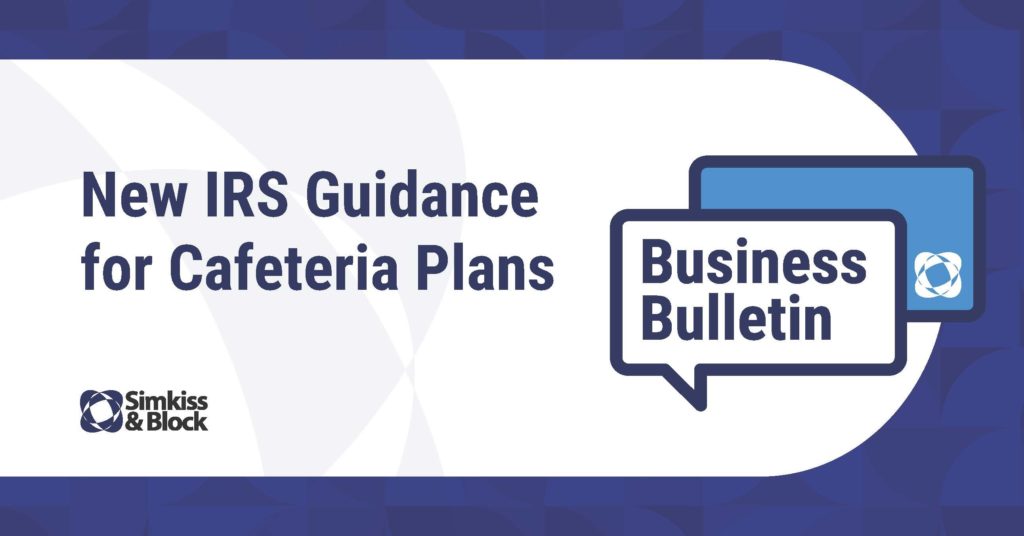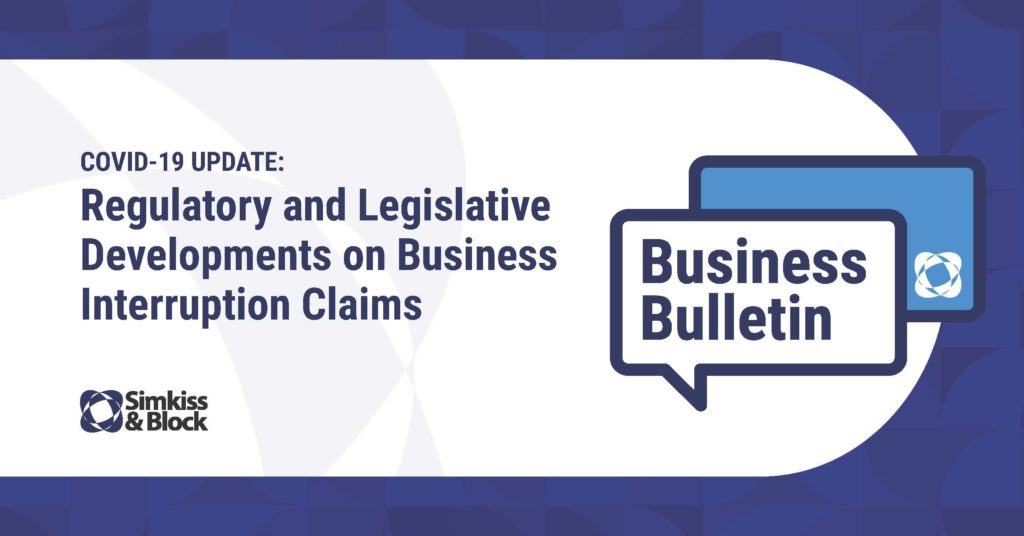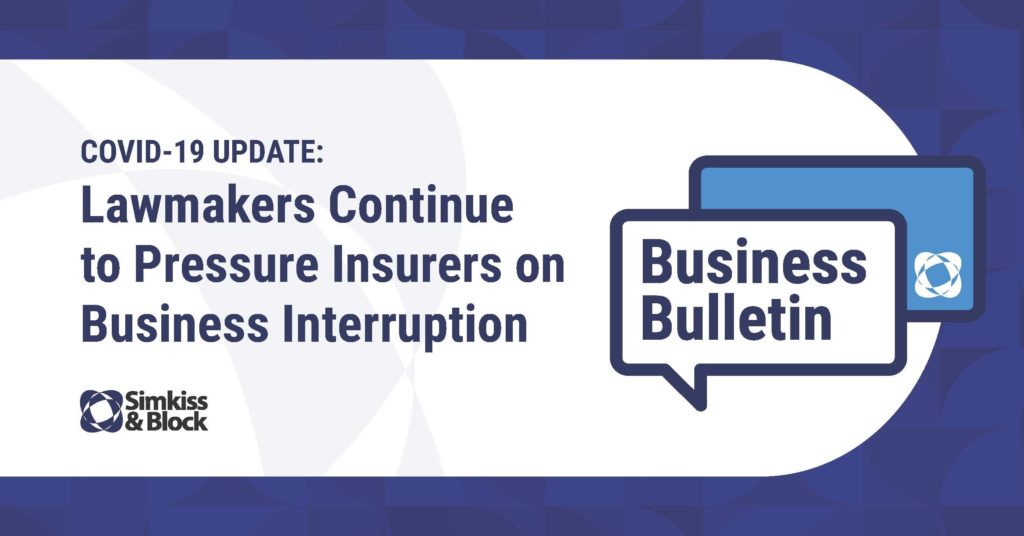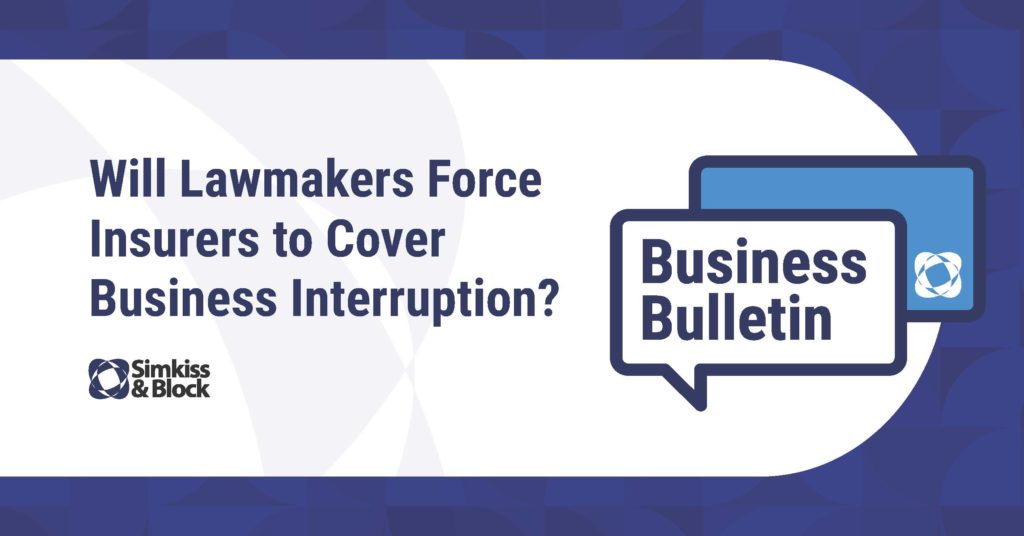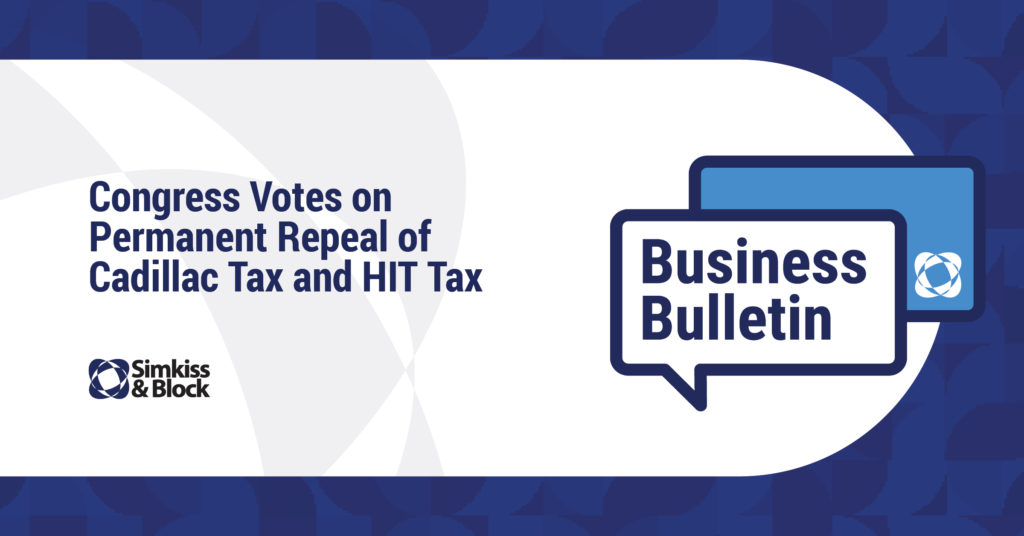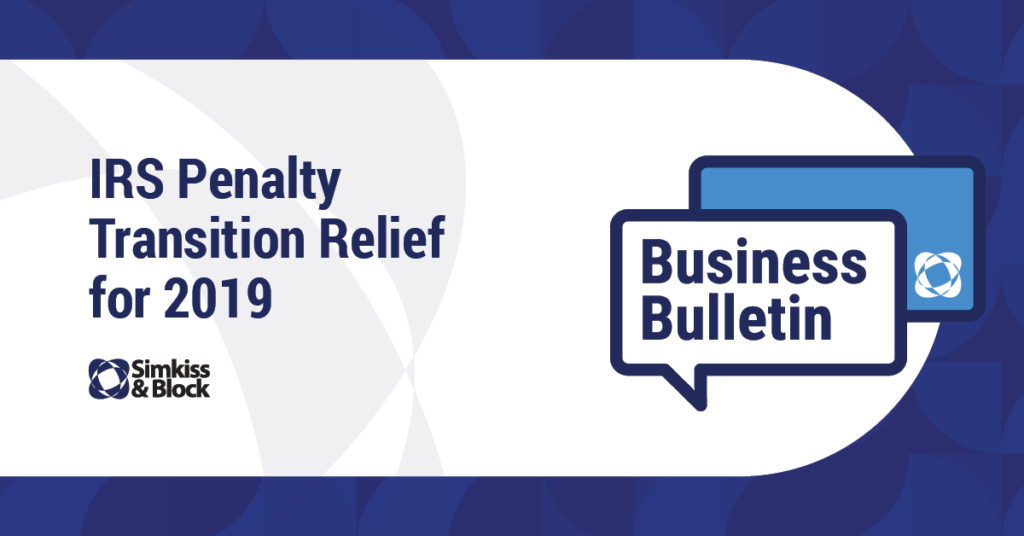About 18 months ago, we told you of what we hoped would be a significant obstacle to merger-objections suits and perhaps lead to a downturn in securities litigation overall, when the Delaware Chancery Court made it clear that plaintiffs should no longer expect the Court to approve disclosure-only settlements. This position has been expressed in notable cases such as In Re Aruba, when the Court not only rejected a disclosure-only settlement but dismissed the suit entirely by concluding that the plaintiffs’ lawyers had not done an adequate investigation of the proposed acquisition of Aruba by HP, and stating that “we have reached a point where we have to acknowledge that settling for disclosure only and giving the type of expansive release that has been given has created a real systemic problem”, and in In Re Trulia, in which the Court not only rejected the disclosure-only settlement but warned that “practitioners should expect that disclosure settlements are likely to be met with continued disfavor in the future”
A decision by this same Court in recent weeks could embolden the securities plaintiff bar by the removal of a significant hurdle to subsequent derivative actions where an earlier action has failed due to demand futility. The new approach suggested by the Court in In Re Wal-Mart Stores provides that an earlier action should not be given preclusive effect if it failed to survive a motion to dismiss pursuant to Delaware Chancery Court Rule 23.1.
This matter arose out of a situation in which multiple derivative demands had been filed in multiple venues and after one was dismissed in Arkansas, the defendants moved to dismiss the one in Delaware based on collateral estoppel with respect to demand futility, and the Chancery Court granted the motion. Upon appeal, the Delaware Supreme Court issued a remand order and the Chancery Court has now advocated adopting an approach under which preclusive effect would only be given to prior derivative actions that have survived motions to dismiss pursuant to Rule 23.1.
From a D&O insurance perspective, carriers will expect to see a rise in derivative actions and defense costs should the Chancery Court’s approach ultimately be adopted by the Delaware Supreme Court, since a significant hurdle to subsequent derivative actions where an earlier action has failed due to demand futility will have been removed. While the Delaware Supreme Court’s resolution of the issue remains to be seen, this is a potentially troubling development in terms of exposure faced by Boards of Directors, management teams, and their D&O insurers.
Download PDF


